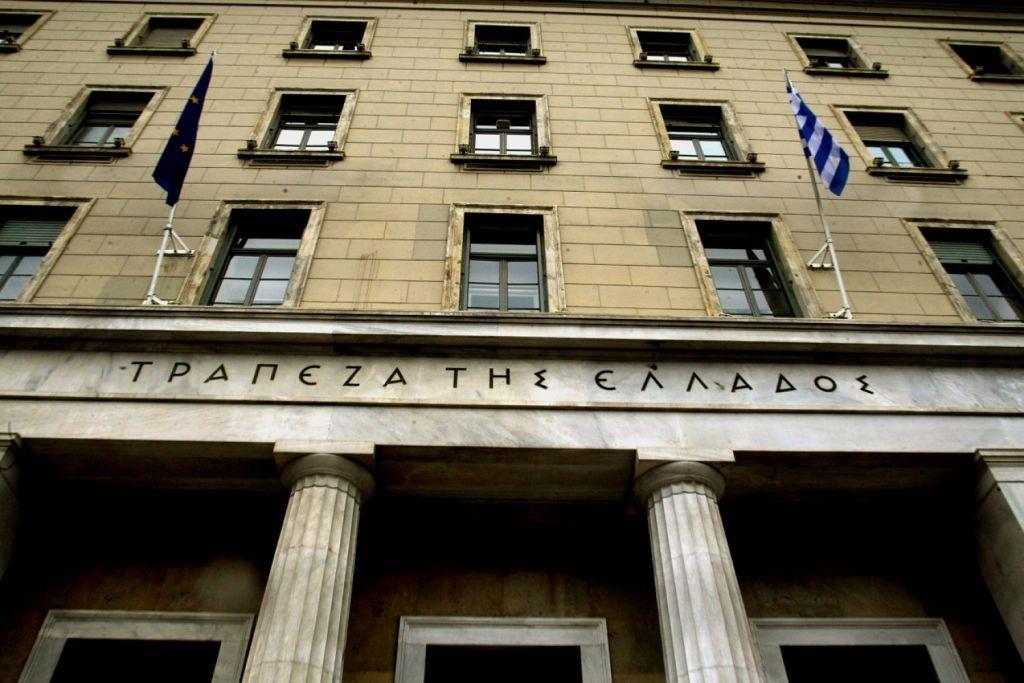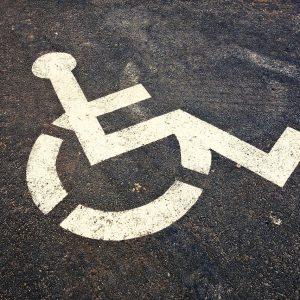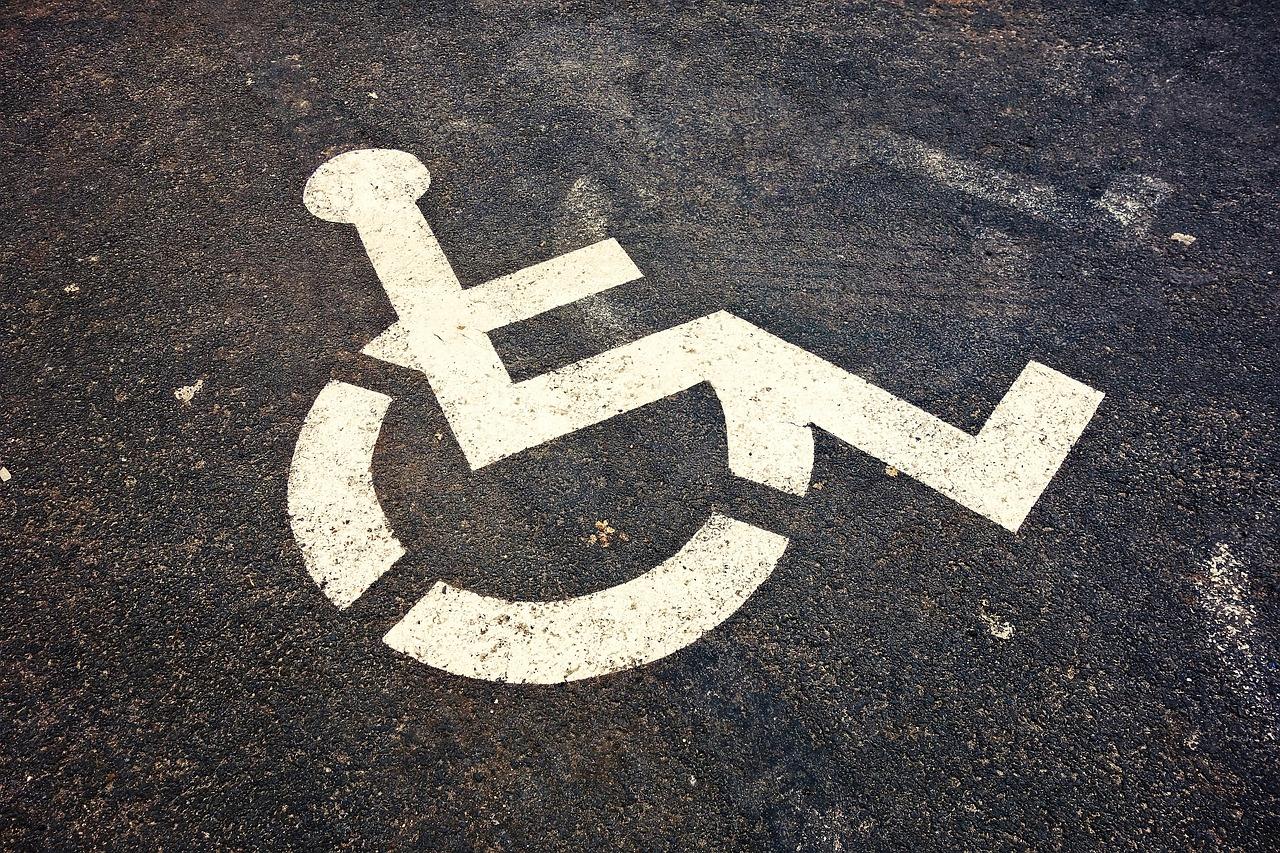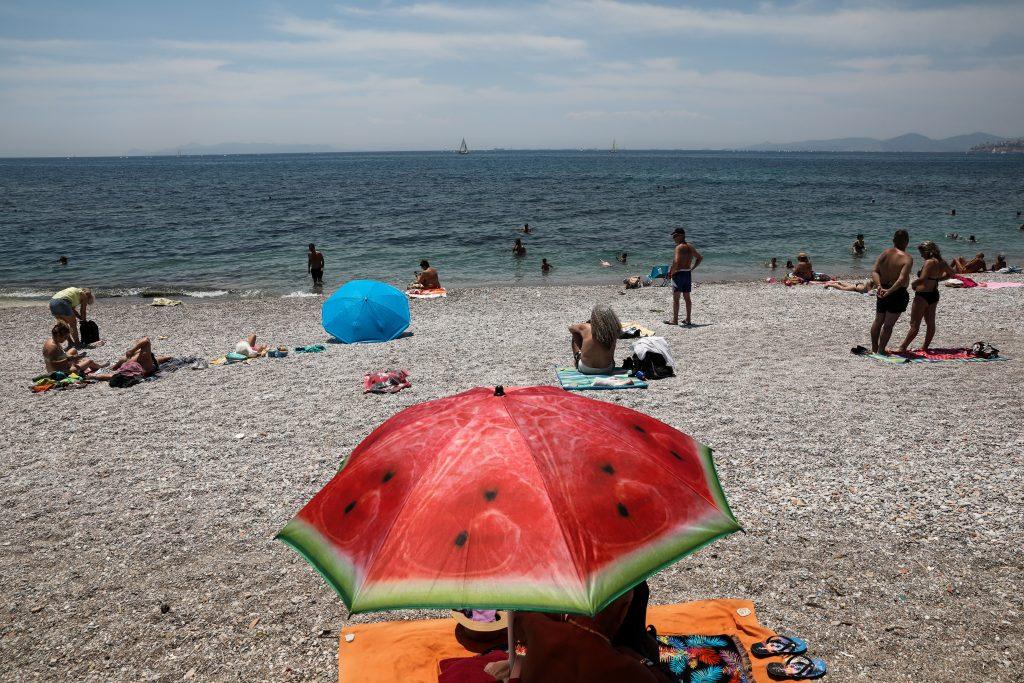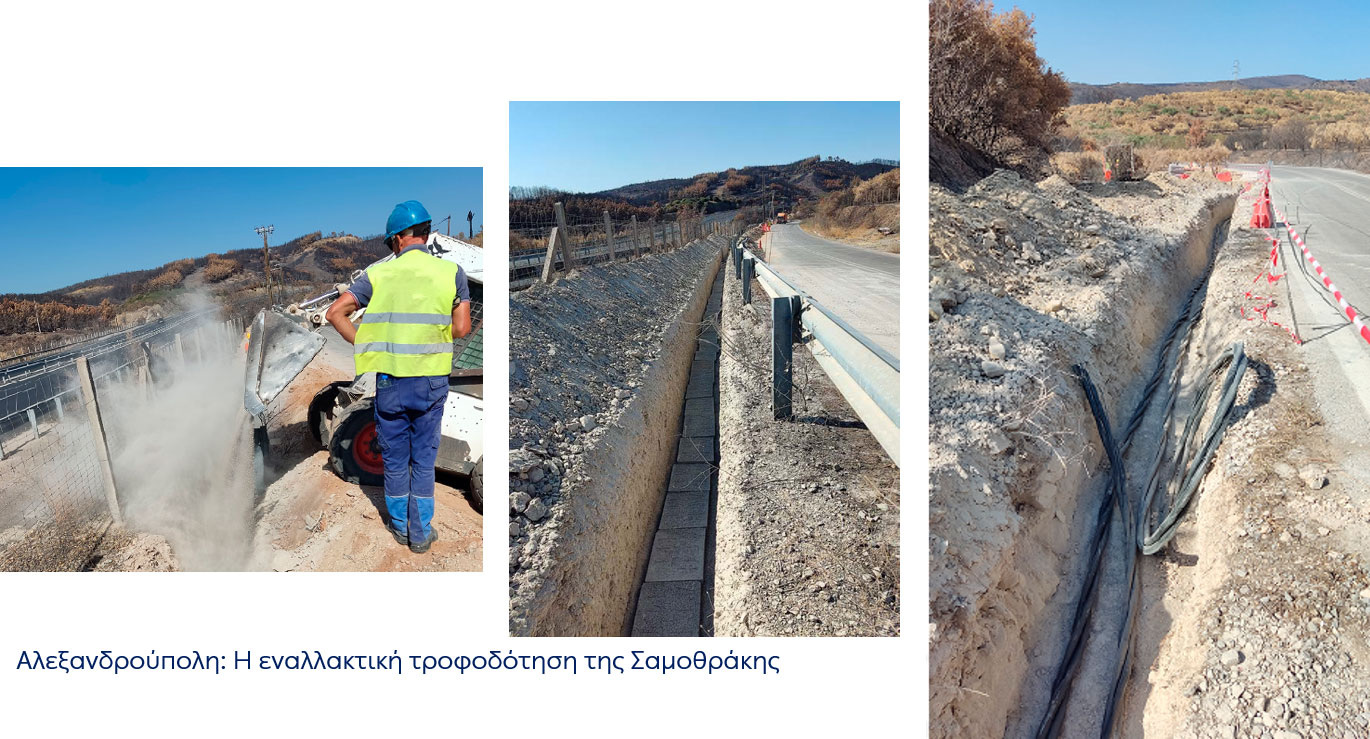In May 2021, the current account showed a deficit of €1.4 billion, up by €477 million year-on-year.
The increase in the deficit of the balance of goods is accounted for by a larger rise in imports, in absolute terms, than in exports. However, exports increased by 59,6% and 25,9% at current and constant prices, respectively, while imports rose by 56,2% and 27,3% at current and constant prices, respectively. In particular, non-oil exports of goods grew by 29.5% and 23.2% at current and constant prices and non-oil imports by 40.4% and 37.3% at current and constant prices, respectively.
The surplus in the services balance registered a small decline, which was due to a deterioration in the transport balance. By contrast, the travel balance and the other services balance improved year-on-year. Non-residents’ arrivals and the relevant receipts rose by 413.7% and 286.2%, respectively, as a result of base effects following their low levels in 2020. The surplus of the transport balance decreased by 30%.
In May 2021, the surplus of the primary income account more than doubled, mainly on account of a year-on-year shift from net payments to net receipts of interest, dividends and profits and, secondarily, owing to an increase in net receipts from other primary income. The secondary income account deficit fell year-on-year, chiefly as a result of lower general government payments.
In the January-May 2021 period, the current account deficit recorded an increase of €534 million year-on-year and stood at €6.2 billion.
A rise in the deficit of the balance of goods is due to the fact that imports increased more than exports in absolute terms. In more detail, exports increased by 27.8% and 15.5% at current and constant prices, respectively, while imports rose by 20.1% at current prices and 5.1% at constant prices. It should be pointed out that non-oil exports and imports of goods grew at around the same rate (21.5%) at current prices, while at constant prices they grew by 18.8% and 20.8%, respectively.
A decrease in the services surplus is attributable to a deterioration in primarily the transport balance, but also in the travel balance, while the other services balance improved. Non-residents’ arrivals and the relevant receipts fell by 65.5% and 51.2%, respectively, year-on-year. Net sea transport receipts dropped by 6.7%. Lastly, the surplus of the primary income account more than doubled, due to lower interest, dividend and profit payments, while the secondary income account deficit increased on the back of higher general government payments.
Capital account
In May 2021, the surplus of the capital account remained virtually unchanged year-on-year and stood at €202 million. In the January-May 2021 period, the capital account surplus fell year-on-year and stood at €423 million, owing to a rise in the payments of the other sectors (excluding general government).
Combined current and capital account
In May 2021, the deficit of the combined current and capital account (corresponding to the economy’s external financing requirements) increased to €1.2 billion, from €723 million in May 2020. In the January-May 2021 period, the deficit of the combined current and capital account recorded an increase of €705 million year-on-year and stood at €5.7 billion.
Financial account
In May 2021, under direct investment, residents’ external assets increased by €122 million and residents’ external liabilities rose by €640 million. The most important transactions were the participation of Paulson & Co. Inc. (USA) in the capital increase of Piraeus Financial Holdings S.A. and the increase in the stake of Reggeborgh Invest B.V. (the Netherlands) in ELLAKTOR S.A.
Under portfolio investment, an increase in residents’ external assets is almost exclusively due to a rise of €3.2 billion in residents’ holdings of foreign bonds and Treasury bills. An increase in residents’ external liabilities is accounted for by an increase of €717 million in non-residents’ Greek equity holdings and to a rise of €662 million in non-residents’ holdings of Greek government bonds and Treasury bills.
Under other investment, an increase in residents’ external assets reflects a rise of €621 million in loans extended to non-residents and the statistical adjustment (€592 million) related to the issuance of banknotes. An increase in external liabilities reflects primarily a rise of €2.8 billion in the outstanding debt to non-residents and, secondarily, the statistical adjustment (€592 million) related to the issuance of banknotes.
In the January-May 2021 period, under direct investment, residents’ external assets rose by €640 million and residents’ external liabilities, which represent non-residents’ direct investment in Greece, increased by €1.7 billion.
Under portfolio investment, an increase in residents’ external assets is mainly attributable to a rise of €2.0 billion in residents’ holdings of foreign bonds and Treasury bills and a rise of €952 million in their holdings of foreign equities. An increase in external liabilities is attributable to a rise of €1.4 billion in non-residents’ holdings of Greek government bonds and Treasury bills and a rise of €599 million in their holdings of Greek equities.
Under other investment, an increase in residents’ external assets reflects a rise of €2.1 billion in loans extended to non-residents, which was partly offset by a decrease of €1.3 billion in residents’ deposit and repo holdings abroad. An increase in external liabilities chiefly reflects a rise of €6.0 billion in the outstanding debt to non-residents, which was partly offset by a decrease of €544 million in non-residents’ deposit and repo holdings in Greece (the TARGET account included).
At end-May 2021, Greece’s reserve assets stood at €9.2 billion, compared with €8.7 billion at end-May 2020.
